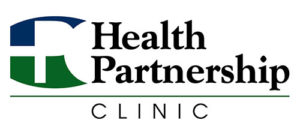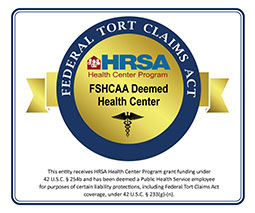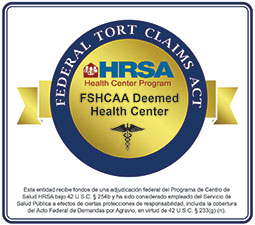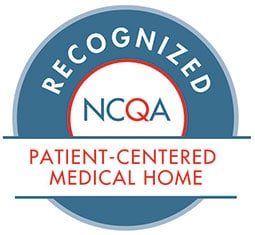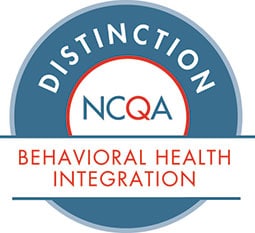Vaccination can prevent cervical cancer!

Elizabeth Lewis, WHNP-BC, MSN, BSN, RN
Women’s Health Nurse Practitioner
Cervical cancer is the fourth most common cancer among women around the world. Human papillomavirus infections (HPV) is a virus that is responsible for most cervical cancer. There are more than 200 types of HPV, with only a handful being responsible for the majority of cervical cancers.
Every year in the United States, seven million new people will be infected with HPV. HPV is globally the most common sexually transmitted infection; approximately 80 percent of sexually active people will have the virus at least once during their lifetime. The most common way to get HPV is sex, and risk increases with new partners and the number of lifetime partners.
How is HPV Spread?
HPV is spread from skin-to-skin contact. Consistent condom use decreases this risk but does not eliminate the risk. In one study, even women who had never had sex, HPV was found in eight percent of those sampled.
Most HPV infections, including the types that cause cancer, will resolve within 12 months. Infections that continue after 12 months increase the likelihood of precancerous or cancerous lesions. There is exciting news for prevention!
The HPV Vaccine
The HPV vaccine has been shown to decrease incidence of cervical cancer by at least 71 percent. The Gardasil vaccine can protect people from nine types of HPV, including the types associated with the most cancers. In the U.S., the rate of HPV detected in women decreased by 71 percent from the years before we started vaccinating to the years after. Also, Gardasil has just received FDA approval to expand the age you can get the vaccine.
 You can now get the vaccine from age nine to 45 years of age. The vaccine is for any gender! It is best to get the vaccine long before you ever have sex, but it is not too late to get it or complete your series if you haven’t gotten three doses. This vaccine prevents cervical cancer! There is patient assistance available if you can not afford the vaccine.
You can now get the vaccine from age nine to 45 years of age. The vaccine is for any gender! It is best to get the vaccine long before you ever have sex, but it is not too late to get it or complete your series if you haven’t gotten three doses. This vaccine prevents cervical cancer! There is patient assistance available if you can not afford the vaccine.
Even with the vaccine, if you are between the age of 21-65, you should get pap smears on the right schedule. The schedule for pap smears has changed over the last decade. If you are unsure when your last one was or when your next one is due, contact your healthcare provider. If your last pap smear was abnormal, make sure you follow up as directed because early intervention also saves lives.
More Information
You might be eligible for a free pap smear or mammogram. To learn more, visit http://www.kdheks.gov/edw/.
For more information about HPV and cervical cancers, visit https://www.cdc.gov/hpv/.
To schedule an appointment with one of our providers, call 913-648-2266 today.
